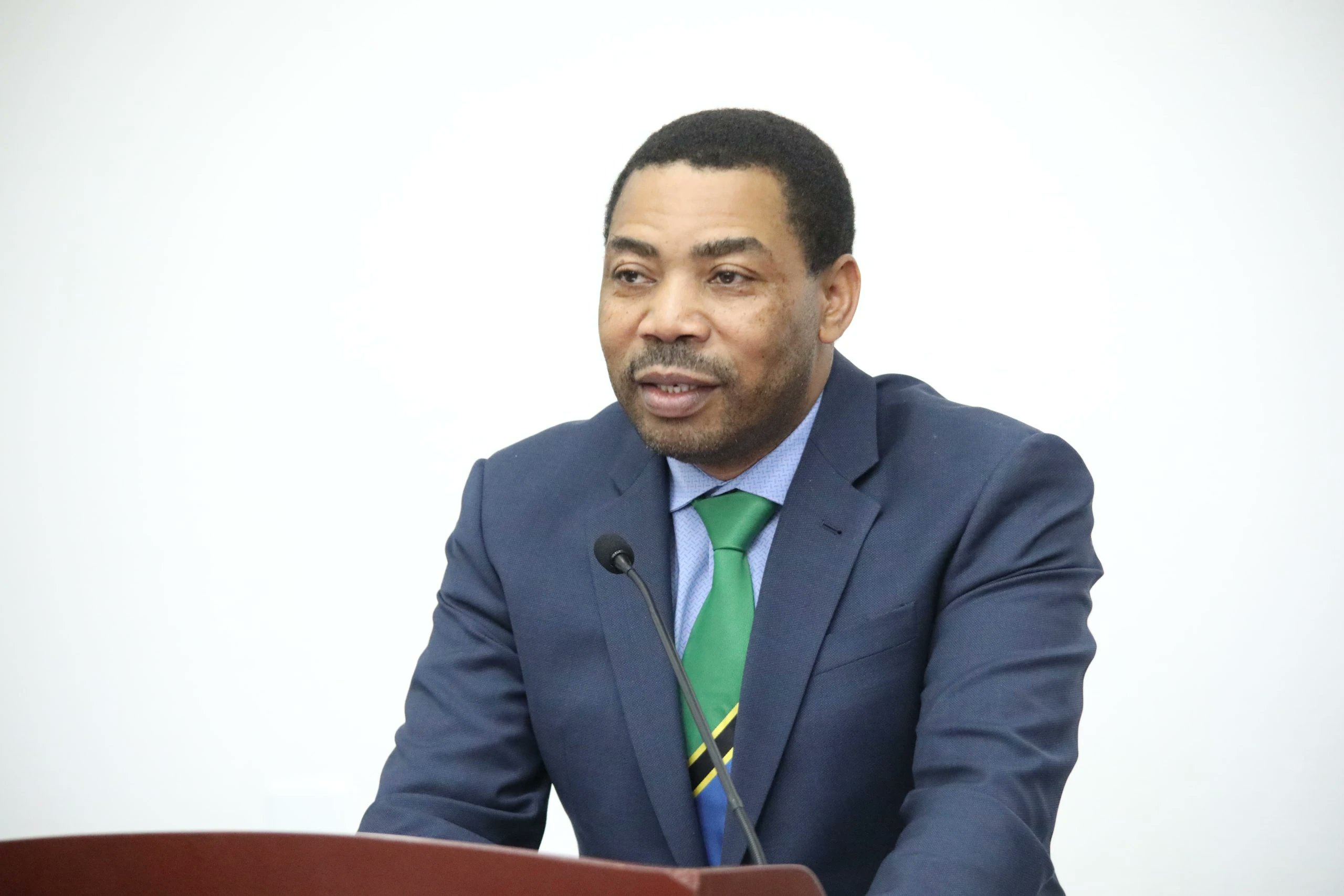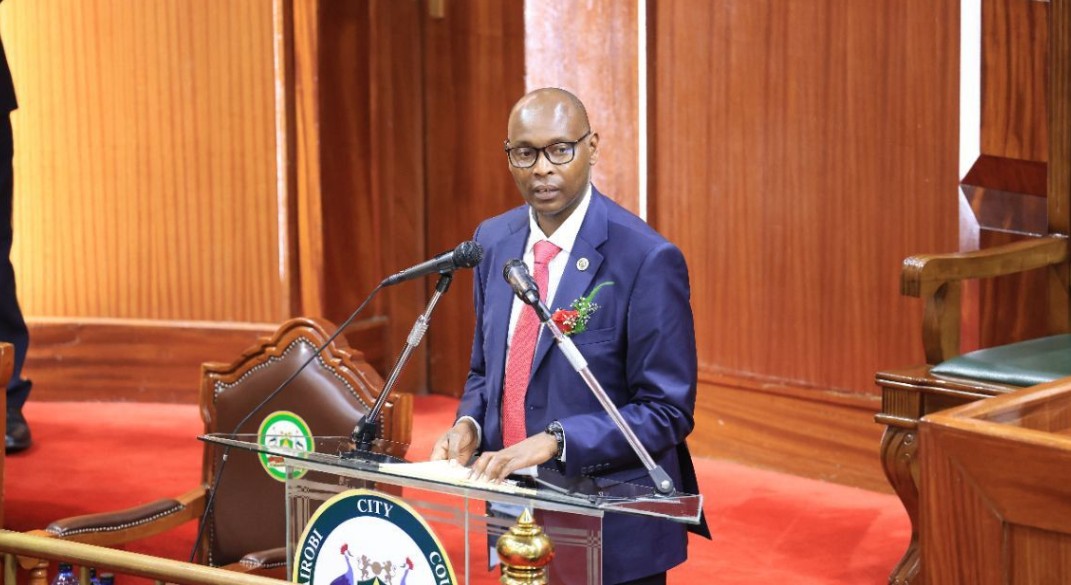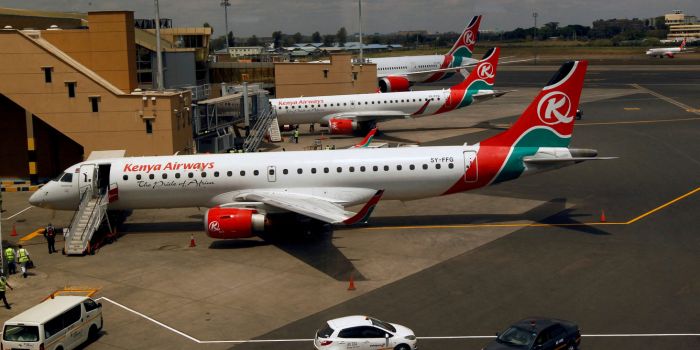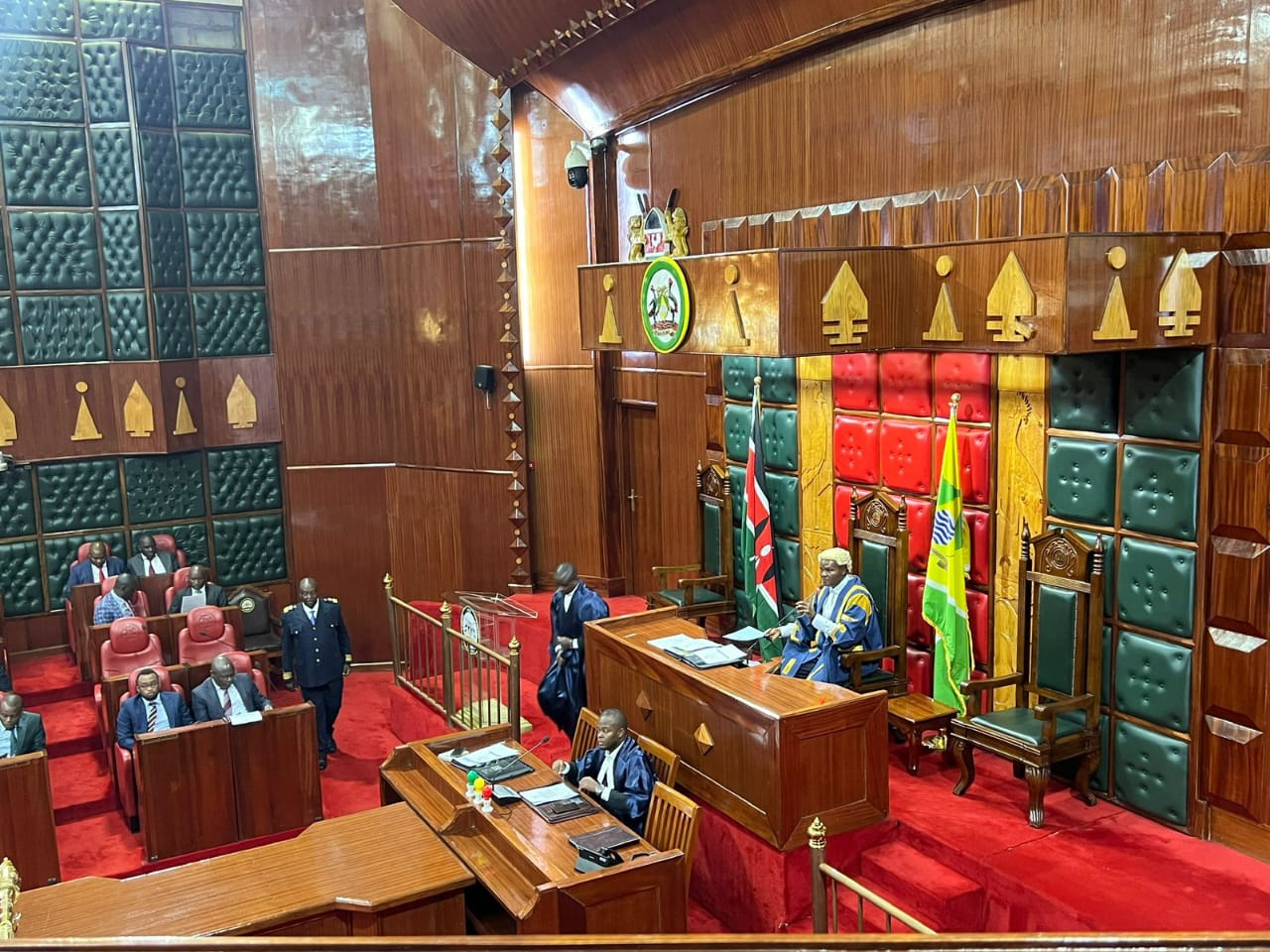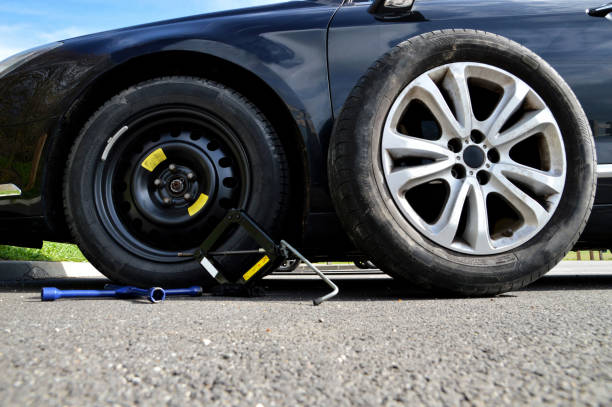Ministry of health develops national oxygen access roadmap to improve supply in Kenya
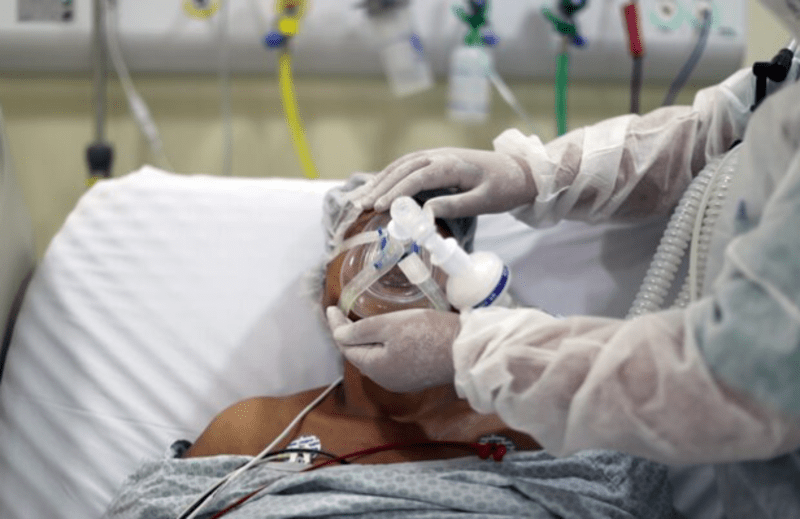
During a five-day workshop in Machakos County, the Ministry and its partners identified existing challenges and outlined strategies for a sustainable oxygen delivery system.
The Ministry of Health is working with key partners to create a national oxygen access roadmap for Kenya inspired by lessons learned during the Covid-19 pandemic.
This initiative aims to improve the availability of medical oxygen throughout the healthcare system, addressing a critical issue highlighted by last year’s report, which found that only 16 per cent of public hospitals had adequate oxygen supplies.
More To Read
- Middle East and North Africa conflict leaves over 12 million children displaced or injured – UNICEF
- Kenya launches 10-day vaccination drive to curb typhoid, measles outbreaks among children
- MoH says Kenya fully stocked on vaccines as Sh4.9 billion allocation secures future supply
- Moi Referral Hospital performs Kenya’s first renal artery bypass surgery
- Ministry of Health waives medical bills for Nairobi protest victims
- Mpox continues to spread in Africa, with 18 countries reporting active transmission
The Ministry is spearheading a collaborative effort with county governments and stakeholders to develop this roadmap, part of a broader global initiative under the World Health Organisation’s Global Oxygen Alliance.
During a five-day workshop in Machakos County, the Ministry and its partners identified existing challenges and outlined strategies for a sustainable oxygen delivery system. These strategies include training for maintenance and regular monitoring of equipment.
Dr Tom Menge, Head of the Directorate of Health Products and Technologies, highlighted the crucial role of stakeholder collaboration in ensuring the timely implementation of the roadmap.
“The initiative is supported by several partners, including PATH Kenya, which helped facilitate the workshop. The goal of the roadmap is to guarantee nationwide access to medical oxygen,” said Menge.
Last year, the Ministry of Health (MoH) revealed that only 16 per cent of public hospitals had adequate oxygen supplies. Given that medical oxygen is listed on the WHO’s model list of essential medicines, this finding highlights the urgency and scale of the problem.
In 2020, the MoH published a report emphasising the need to increase medical oxygen availability in public primary hospitals, noting that private facilities and secondary hospitals had better access.
A recent survey of emergency care centres across Kenya found that more than 30 per cent of these facilities lacked a regular oxygen supply. Additionally, nearly 90 per cent of those with oxygen did not have piped systems in the emergency department and had to deliver oxygen directly from tanks to patients.
According to the United Nations Children's Fund (UNICEF), the Covid-19 pandemic exposed severe shortages of oxygen in healthcare facilities due to the overwhelming demand, forcing healthcare professionals into life-or-death decisions.
Even before the pandemic, access to medical oxygen was limited and often considered a luxury in many small towns, rural areas, and densely populated cities in low- and middle-income countries.
Each year, tens of millions of critically ill children require oxygen, along with numerous other patients facing severe conditions. Effective oxygen systems can significantly reduce hospital-based pneumonia deaths, which is the leading infectious cause of death among children under five worldwide.
Top Stories Today

